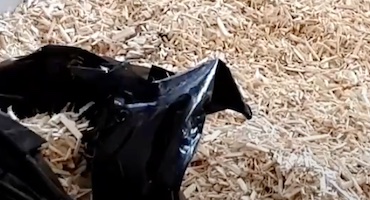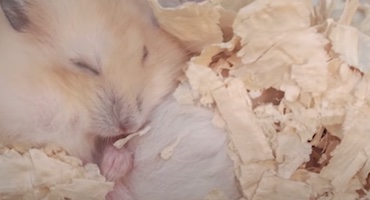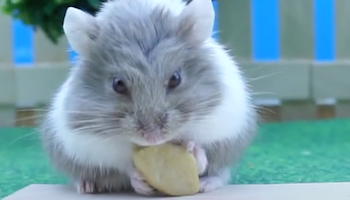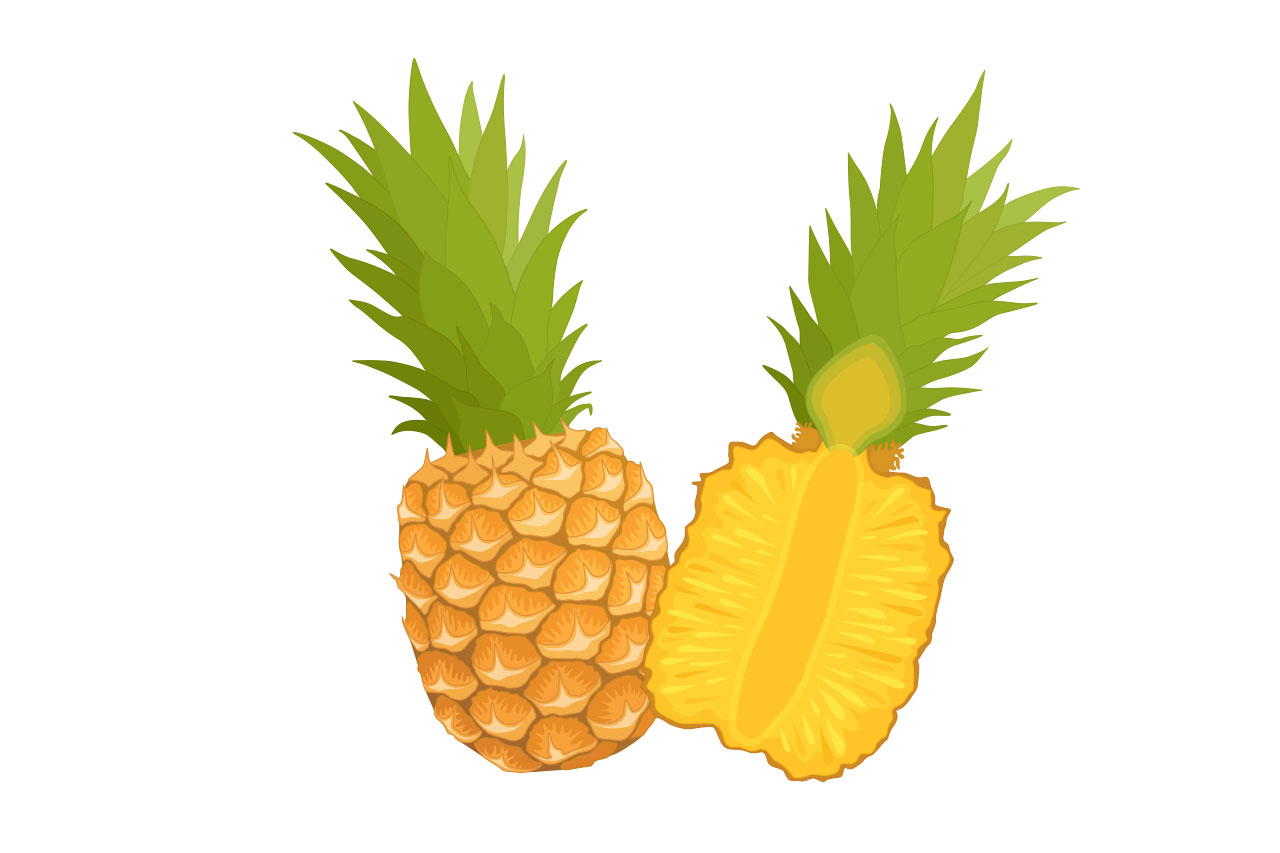Your hamsters feeding time does not need to be a scary ritual, as long as you know what the safe foods for your hamsters are. There are quite a lot of foods you should avoid feeding your little hamsters as they can cause reactions for them. If you are wondering ‘can hamsters eat parsnips,’ then the answer is yes, hamsters can eat parsnips.
However, depending upon the species of hamster you have at home, you need to be careful about feeding them this vegetable. Here is everything you need to know about feeding your hamsters parsnips.
If you have Syrian hamsters at home, then yes, you can feed these hamsters parsnips! However, this vegetable has a lot of sugar content in it, so you need to be very careful when you are feeding it to your hamster. Give your hamster a small piece, about half an inch section of raw parsnips just about 2 or 3 times a week only.
If you have Campbell’s Dwarf hamsters at home, then the answer is no. You should not feed your Dwarf hamsters this vegetable due to the high sugar content in it.
As for your Winter whites Dwarf hamsters, the same rule applies. Since your Dwarf hamsters are very susceptible to developing diabetes and obesity and their digestive systems are weaker than the Syrian hamsters, you should avoid feeding your dwarf hamsters parsnips.
Roborovski hamsters, on the other hand; yes. You can feed your Roborovski hamsters parsnips, as they are larger and more robust, like the Syrian hamsters. They can digest sugary foods better, so you can give them a small piece of raw parsnips just about 2 or 3 times a week.
Chinese hamsters are also a species of Dwarf hamsters. Just like the other Dwarf hamsters, they cannot digest sugary food like parsnips, as they might develop diabetes or obesity. It is best that you do not feed parsnips to your Dwarf hamsters.
There are many species of hamsters which still live in the wild in places all over the world. Here, the hamsters are a scavenger and have an omnivorous diet. They will eat wild berries and fruits, vegetables, plants, leaves, nuts, grains, seeds, and even small insects, frogs and lizards if they can get their hands on it.
As for domesticated hamsters, you should keep them on a healthy and balanced diet consisting of exceptional hamster food you will find in pet stores. Along with this, you can also give them little treats once in a while. Make sure that you know exactly what kind of gifts you can give your little hamsters. Small pieces of fruit, vegetable, leaves, nuts, seeds, and grains are great treats for your little hamsters.
What are the health benefits of feeding your hamsters parsnips?
When it comes to your Dwarf hamsters such as Campbell’s dwarf hamsters, Winter whites dwarf hamsters and Chinese hamsters, you should altogether avoid feeding them parsnips as the sugar content is too high and it is too risky for them to eat it.
However, you can feed parsnips to your Syrian and Roborovski hamsters in small quantities. It has a lot of nutritional benefits for them. Parsnips have fiber, Vitamin C, folate and manganese, all of which are great for your hamsters.
The fiber in parsnips is high for regulating your’ hamster’s digestive system and bowel movements, relieving constipation, and keeping them healthy.
Vitamin C in parsnips is right for your hamster’s eye health, as well as encourages the growth of healthy fur and healthy skin for your hamsters.
The folate in parsnips helps in building healthy DNA and genetic material.
Finally, the manganese in parsnips is an excellent antioxidant, flushing out all the toxins from your hamster’s body and boosting their immunity. It also improves the bone health in your hamsters.
What are the health risks of feeding your hamsters parsnips?
Your Dwarf hamsters are much smaller than the Syrian and Roborovski, which means that they cannot digest the same kinds of foods that the Syrian and Roborovski hamsters can. Parsnips have very high sugar content, making them too risky for you to feed your hamsters, as they can develop diabetes, obesity, and even diarrhea.
As for your Syrian and Roborovski hamsters, there are a few health risks if you overfeed parsnips to them. Due to the high sugar content in parsnips, you should only feed them in moderation as it can cause diabetes and obesity. Your hamsters can also have diarrhea, which causes extreme dehydration in your hamsters. It is best that you feed parsnips to your hamsters in only the recommended dosage.
Can you feed dried parsnips to your hamsters?
Most hamsters are not too interested in eating dried parsnips. However, if you want, you can slowly introduce dried parsnips to your hamsters. Give them a tiny piece of dried parsnip in their cage and see how they react to it. If your hamster does not eat it, be sure to remove it from their cage before it rots.
Can you feed parsnips stalks and leaves to your hamsters?
As for your Dwarf hamsters, you should avoid feeding them any part of the parsnips as it is not healthy for them.
However, even when it comes to your Syrian and Roborovski hamsters, you should not feed them parsnips stalks and leaves as they are poisonous for your little hamsters. When you are feeding raw parsnips to your hamsters, make sure that you cut a small piece and wash the parsnips thoroughly before you give it to your hamsters.
How many parsnips can your hamsters eat?
As for your Dwarf hamsters; none.
You can feed your Syrian and Roborovski hamsters a small piece, about a half inch section of raw, washed parsnips to your hamsters just about 2 or 3 times a week and not more.
Conclusion
Depending upon your species of hamsters, you have to be very careful about the kinds of foods and treats you are feeding them. Do not feed parsnips to your Dwarf hamsters, but give them to your Syrian and Roborovski hamsters only in moderation. Feed your hamsters exceptional hamster food only which you will find in pet stores and give them the occasional treat of fruits, vegetables, seeds, nuts, and grains every once in a while.
Share
Related Posts
When it comes to feeding nuts to your little hamsters, you can never be too safe! Nuts can [...]
Your furry little hamster pet is an excellent source of joy to you and other pet owners. When [...]
Finding the right treats for your little hamster pets can be quite overwhelming, especially for new pet owners. [...]







